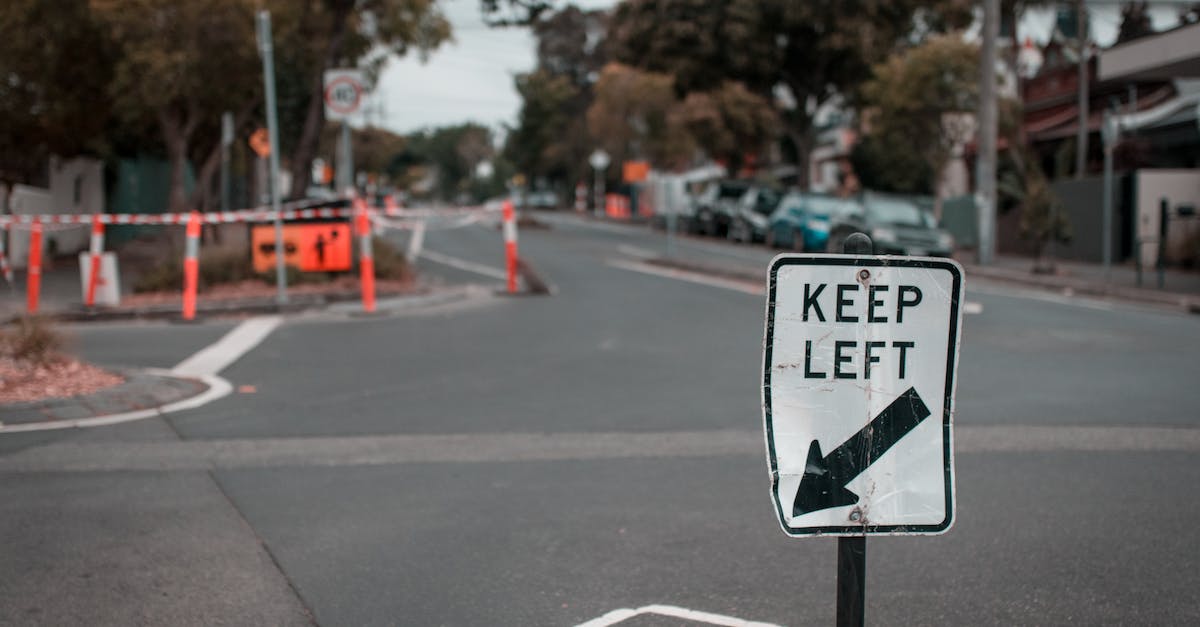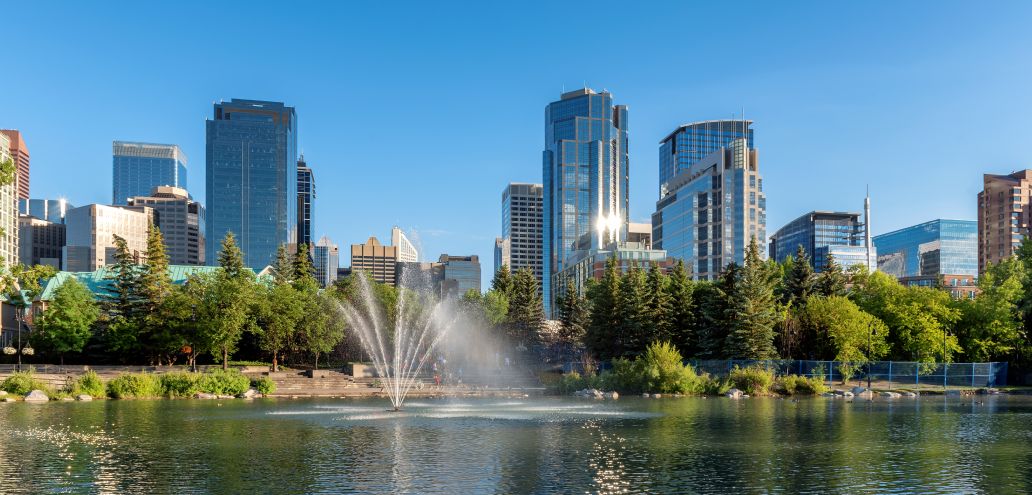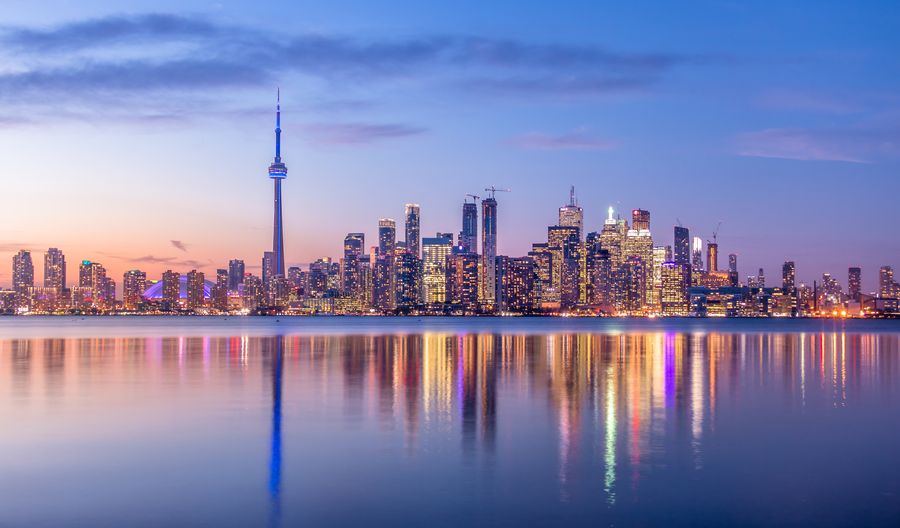Last Updated on October 24, 2023 by Neil Sharma
The word “bubble” has crept back into housing analysts’ vernacular lately, and looking at the 905 region, it’s not difficult to understand why.
“I’ve been writing about this for a while, and although I don’t want to comment on all of Canada, I can confidently say in Toronto, and particularly its suburbs, there’s a bubble,” said John Pasalis, president of Realosophy Realty. “The downtown market isn’t a bubble yet, but the suburban housing market is for sure.
“Prices are rising well over 30% per year and even more in some areas, and when you have that rapid rate of house price growth, it’s not normal. On the ground, when you talk about a bubble, it’s the exuberance from buyers paying over $60,000 more than what the prices were a month ago, and that’s why prices are rising as rapidly as they are.”
Most troubling, charges Pasalis, is that the bubble is all the . In a bid to mitigate the economically disastrous effects of the COVID-19-induced recession, from which recovery would have otherwise taken longer, the government triggered a credit boom. Moreover, the government has done nothing to quell unsustainably frenetic activity in the market, instead stoking the flames and misleading Canadians into believing housing is a risk-free investment.
“Irresponsible is what they’re telling people, which is that the housing market will keep booming, and for a long time, that they have tons of tools to keep it going and they’re not worried about acceleration right now. (Bank of Canada Governor Tiff) Macklem said it’s not as bad as 2016, which is completely wrong. The fact they’re fuelling optimism rather than concern, to me, is the policy mistake.” Year-over-year, prices will keep rising because the pandemic dropped the floor substantially through most of last year, but on a monthly basis Pasalis anticipates prices will moderate.
David Rosenberg, president, chief economist and strategist of Rosenberg Research, recently told BNN that the entire Canadian housing market is, indeed, in a bubble. [The housing market] is in a huge bubble and it might be even a bigger bubble—this is where I might disagree with Tiff Macklem—this might be one of the biggest housing bubbles of all time,” he said. “Of course it’s been predicated on where mortgage rates are. We have a situation where home prices are up 18% year-over-year with practically no wage growth… it looks like a dot-com stock in 2000-2001. I’m pretty wary certainly about the valuations in residential real estate. Would I be going out and buying a home today as an investment in Canada or in the GTA? Absolutely not.”
In the 905 region, housing prices have and Pasalis says it’s going to stifle entry into the market for people who don’t already own a home.
“Prices are up hundreds of thousands of dollars in a single year and it’s made homeowners significantly wealthier and made it harder for renters to get into the market,” he said. “It’s a tough market for first-time buyers—really, any buyer—but especially those who don’t have a home already because they don’t have the capital appreciation that a lot of homeowners have benefitted from.”
Neil Sharma is the Editor-In-Chief of Canadian Real Estate Wealth and Real Estate Professional. As a journalist, he has covered Canada’s housing market for the Toronto Star, Toronto Sun, National Post, and other publications, specializing in everything from market trends to mortgage and investment advice. He can be reached at neil@crewmedia.ca.









